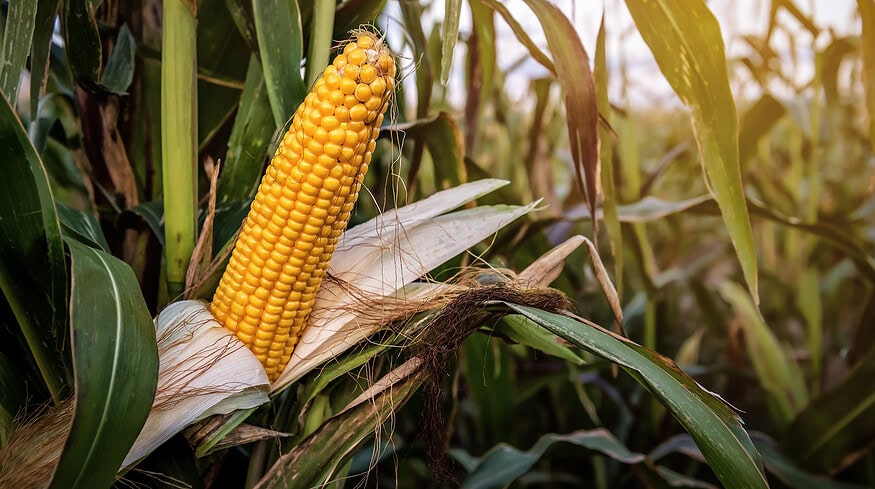Researchers used brewery waste and NPS fertilizer to boost maize yield in Ethiopia

The study, conducted in North Mecha District, Northwestern Ethiopia, investigated the effects of applying brewery sludge and blended Nitrogen, Phosphorus, and Sulphur (NPS) fertilizer on maize yield and its components. Recognizing maize as a vital cereal crop in Ethiopia, the study addressed its suboptimal yield, which is primarily attributed to low soil fertility.
The 2021 field experiment used a factorial combination of three levels of brewery sludge (0, 10, and 20 tons per hectare) and four levels of blended NPS fertilizer (0, 50, 100, and 150 kg per hectare). These combinations were applied in a Randomized Complete Block Design (RCBD) with three replications. Various parameters such as phenological, growth, and yield components were meticulously recorded.
Data analysis, using ANOVA in the SAS software, showed significant impacts of the treatments on maize productivity. This dataset provides crucial insights into the effectiveness of brewery sludge as an organic fertilizer, which is especially relevant given the increasing cost and environmental concerns associated with chemical fertilizers. Brewery sludge, a byproduct of the brewing process, offers a dual benefit: it is a more nutrient-rich alternative to conventional organic fertilizers and helps reduce the requirement for chemical fertilizers.
The study also underscores the importance of an integrated approach, combining both organic (brewery sludge) and chemical (blended NPS) fertilizers. This approach not only enhances maize yields but also offers a cost-effective solution for smallholder farmers in Ethiopia.
By offering detailed data and results, this study serves as a valuable resource for agronomists, researchers, and farmers. It opens up avenues for applying these findings to different crops, soil types, and agricultural practices, potentially leading to increased crop yields, cost savings, and improved soil health in similar agroecological zones.
The complete research is available on ScienceDirect.
Enjoyed this story?
Every Monday, our subscribers get their hands on a digest of the most trending agriculture news. You can join them too!















Discussion0 comments